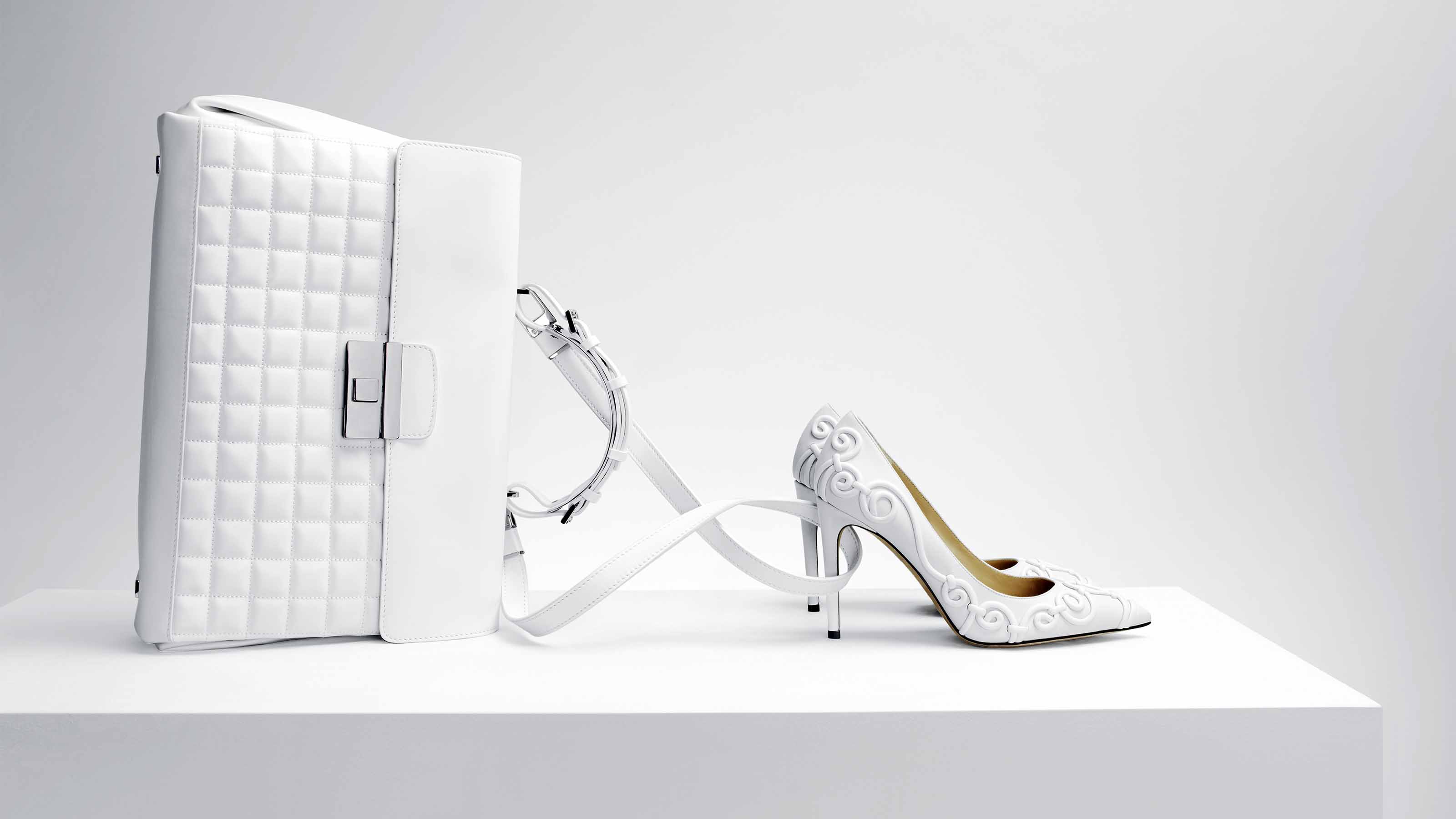
Profit and prosper with the best of Kiplinger's advice on investing, taxes, retirement, personal finance and much more. Delivered daily. Enter your email in the box and click Sign Me Up.
You are now subscribed
Your newsletter sign-up was successful
Want to add more newsletters?

Delivered daily
Kiplinger Today
Profit and prosper with the best of Kiplinger's advice on investing, taxes, retirement, personal finance and much more delivered daily. Smart money moves start here.

Sent five days a week
Kiplinger A Step Ahead
Get practical help to make better financial decisions in your everyday life, from spending to savings on top deals.

Delivered daily
Kiplinger Closing Bell
Get today's biggest financial and investing headlines delivered to your inbox every day the U.S. stock market is open.

Sent twice a week
Kiplinger Adviser Intel
Financial pros across the country share best practices and fresh tactics to preserve and grow your wealth.

Delivered weekly
Kiplinger Tax Tips
Trim your federal and state tax bills with practical tax-planning and tax-cutting strategies.

Sent twice a week
Kiplinger Retirement Tips
Your twice-a-week guide to planning and enjoying a financially secure and richly rewarding retirement

Sent bimonthly.
Kiplinger Adviser Angle
Insights for advisers, wealth managers and other financial professionals.

Sent twice a week
Kiplinger Investing Weekly
Your twice-a-week roundup of promising stocks, funds, companies and industries you should consider, ones you should avoid, and why.

Sent weekly for six weeks
Kiplinger Invest for Retirement
Your step-by-step six-part series on how to invest for retirement, from devising a successful strategy to exactly which investments to choose.
As worries about inflation and economic troubles take their toll, average Joes and Janes pinch pennies. But the rich continue to splurge. You may not be able to afford a $229,000 Mercedes-Maybach sedan or a $68,000 rose gold Cartier watch, but for a tiny fraction of those sums you can buy a stake in a company that sells such luxuries and set yourself up for a chance at a sumptuous profit.
During times of economic difficulty, companies that serve the middle class typically get squeezed. And discounters, not surprisingly, get a boost. Perhaps more surprising is that companies representing the ultimate in consumerism also typically thrive.
"There are two groups that could do well within an economic downturn: the really high luxury end and discounters," says Joe Mazzola, a former portfolio manager who now heads trader education for financial giant Charles Schwab.
The longer-term outlook for the luxury market is bullish, according to a January report from the Bain & Co. consulting firm. The reopening of China's economy, rising wealth in India and growing interest in luxury goods among affluent millennials and Gen Zers around the world raise prospects for a luxury boom lasting several years, according to Bain, which expects total annual luxury sales to rise 50% from 2022 levels, to $625 billion, by 2030.
Investors need a discerning eye, though. Luxury stocks aren't completely immune to economic cycles or market swings, and no company is a guaranteed winner, especially among those selling in the capricious fashion market. Moreover, high expectations have driven the stock prices of some of the biggest luxury houses well above the general market's valuation. The S&P Global Luxury Index, which tracks 80 large luxury firms around the world, returned 13% over the past year, more than four times the S&P 500's gain.
There are other caveats. Many of the best-known companies are headquartered overseas, and their shares trade in the U.S. as American depositary receipts. ADRs are dollar-denominated versions of international stocks that have been issued by U.S. banks.
Although they may represent huge companies, ADRs often trade at lower volumes than stocks of U.S.-based companies. That means the spread between the highest price a buyer is willing to pay and the lowest price a seller is willing to accept will likely be wider among ADRs than among stocks of large U.S.-based companies, says Mazzola. Some U.S. brokerages also charge commissions for trading some ADRs.
If you're in the market for some bling for your portfolio, consider the five luxury stocks below serving up a variety of high-end goods with strong brands and staying power. Prices and other data are as of May 31.

Estée Lauder
- Market value: $65.8 billion
- Dividend yield: 1.4%
Estée Lauder (EL, $184.03) is a New York City–based owner of prestige beauty lines, such as La Mer, MAC and Tom Ford, is the world's second-largest cosmetics company. The stock has fallen about 48% since a late 2021 peak, including a plunge early in 2023 as hopes for a rapid bounce back in newly reopened China gave way to expectations for a more measured recovery. But the Asian market will eventually rebound, rewarding patient investors, says Rupesh Parikh, senior analyst for food, grocery and consumer products for Oppenheimer & Co. He is one of the 21 bullish analysts covering the company (out of 31 total).
Despite its recent decline, Estée Lauder recently traded at more than 40 times expected earnings for the next 12 months, nearly twice the price-earnings ratio of the broader market, says Parikh. The stock "isn't a value play," he says, and adds that the shares may not have quite hit bottom yet. Nonetheless, with Asia accounting for about one-third of the company's sales, the strong recovery he sees there within the next 18 months bodes well for the company. "It's a growth story," Parikh says of the stock. "For us it is still a top pick."
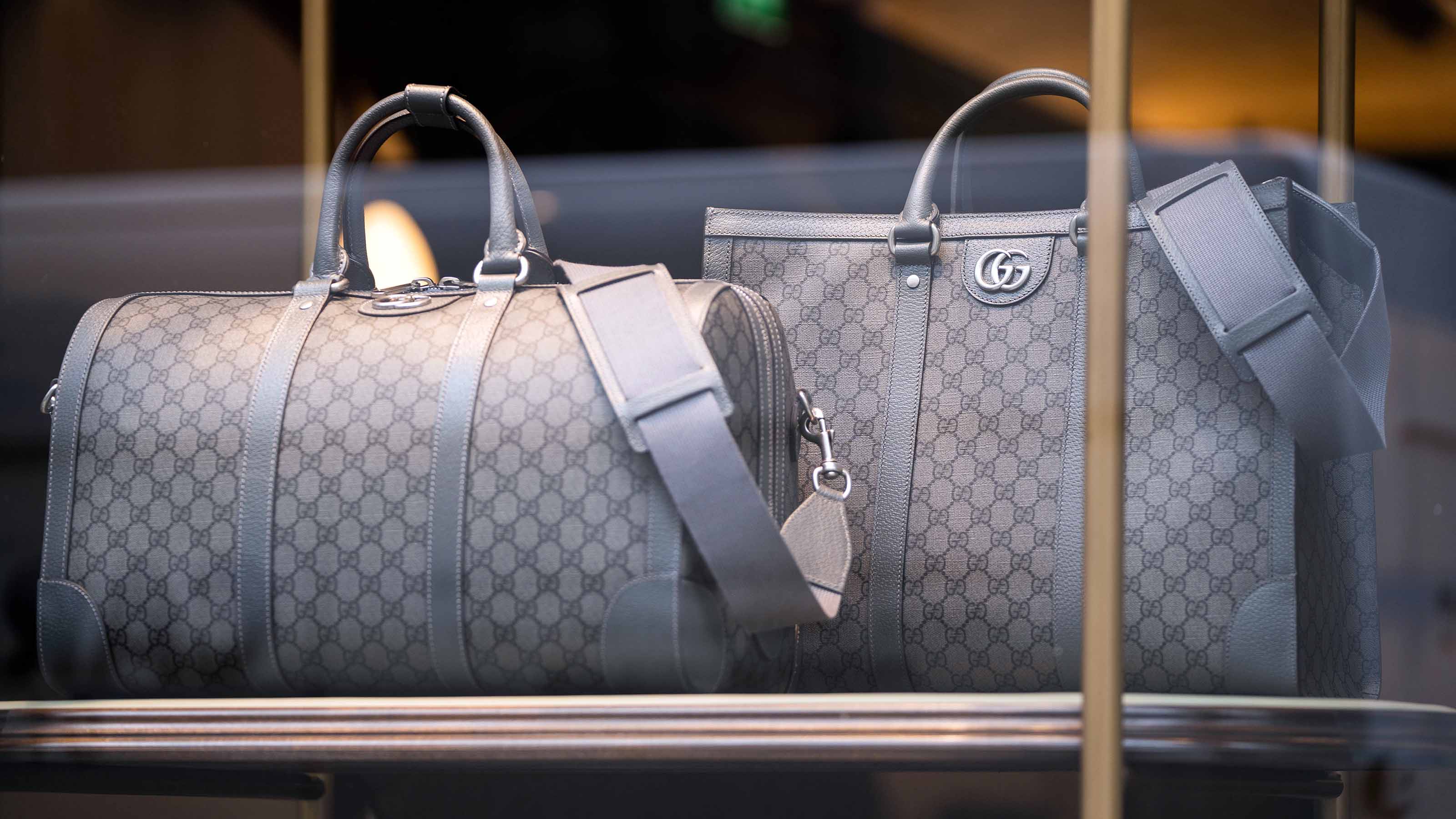
Kering
- Market value: $65.3 billion
- Dividend yield: 2.9%
You may not recognize the corporate name of Paris-based fashion giant Kering (PPRUY, $53.38), but you've heard of its brands, which include Gucci, Saint Laurent and Alexander McQueen. The shares recently traded at about 16 times expected earnings – much lower than the P/E of 24 commanded by its bigger rival, LVMH (owner of Louis Vuitton, Dom Perignon and other prestigious brands). One reason for the discount is that in January, Gucci hired a new creative director, raising uncertainty about the reception of next season's fashion lines.
That creates an opportunity for investors, says Jesse Flores, a manager of the Baird Chautauqua Global Growth Fund, which holds Kering in its portfolio. "The luxury sector is incredibly attractive," and the Gucci reset allows the firm to focus even more directly on the next generations of buyers. "These brands are especially strong with millennials and Gen Z," which bodes well for the longer term, he says.

MarineMax
- Market value: $620.0 million
- Dividend yield: N/A
Clearwater, Fla.–based MarineMax (HZO, $28.37), the world's largest retailer of boats and yachts, is the smallest company on this list, with a market value of just about $620 million.
Seven of the nine analysts who follow the stock rate it a Buy. Jeff John, a co-manager of the American Century Small Cap Value Fund, is also a fan. The fund's managers prefer the portfolio's consumer-oriented firms to focus on the luxury market "because that consumer tends to be more resilient during periods of market stress," John says. With MarineMax in particular, he values the combination of revenues from boat sales and recurring fees, such as those from its charter and repair services for super yachts, which are pleasure boats measuring at least 78 feet long.
Shares in the boat maker peaked in 2021, when locked-down consumers went on a boating spree. The stock has since fallen by about half. Trading at about six times expected earnings, the stock is "extremely inexpensive," John says. "The most opportune times to look at these names is when investor sentiment is at its lowest," says John. "Small-cap value stocks tend to underperform moving into recession. But they are extraordinary coming out of a recession."

Mercedes-Benz Group
- Market value: $80.0 billion
- Dividend yield: 7.7%
Based in Germany, Mercedes-Benz Group (MBGAF, $74.82) – the world's fourth-largest carmaker – sold nearly 5% more cars and vans in the first quarter of 2023 than it did in the same period in 2022. But its net income jumped by about 12% due to a dramatic increase in sales of its most expensive vehicles.
Tyson Jominy, vice president of data and analytics for J.D. Power, says many companies – including Mercedes – have been shifting production away from the entry level to six-figure vehicles to meet high demand. U.S. sales of cars costing at least $100,000 apiece rose 46% in the past year, he notes. "We haven't yet tested the limits of growth at the high end," he says.
In contrast to its cars, Mercedes's stock remains a comparative bargain, with shares trading at less than six times expected earnings. The company has a varied dividend-payout history, but the stock currently yields an eye-popping 7.7%. Of the 23 analysts who follow the company, 19 think it is a good bet.
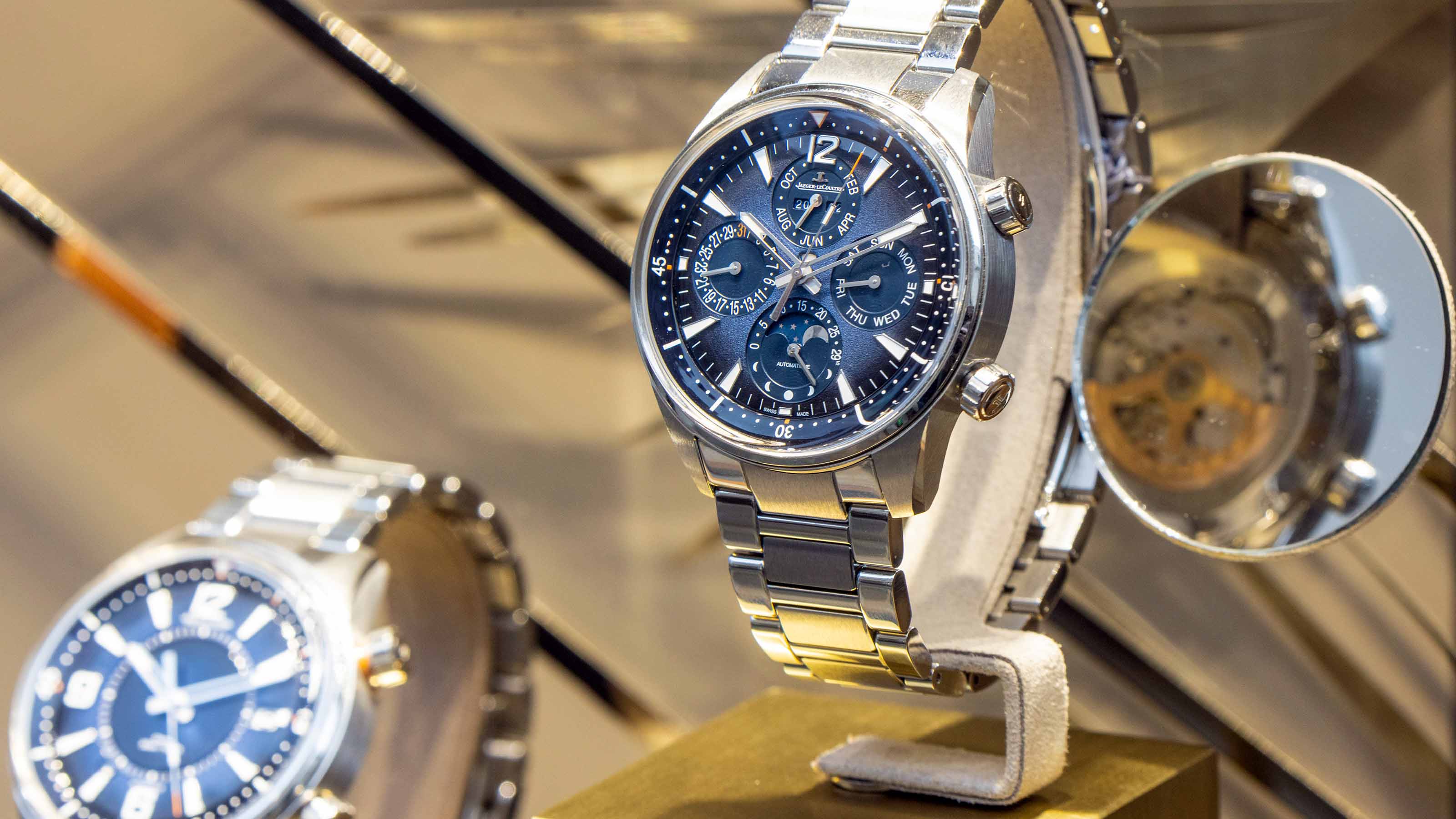
Richemont
- Market value: $90.6 billion
- Dividend yield: 1.5%
Richemont (CFRUY, $15.88), the Swiss company behind Cartier watches, Dunhill men's clothing, Mont Blanc pens and many other luxury items saw its sales rise 19% in the fiscal year ending March 31. Jewelry and watches made up the company's biggest (and one of its strongest) divisions, accounting for more than $17 billion of its record $20 billion in annual sales and contributing to a healthy 25% operating profit margin. Richemont has generated so much cash in the past year that the company has announced plans to raise its dividend by 11%, issue a special dividend in the fall and buy back more than 1% of its shares.
The shares recently traded at a reasonable 22 times expected earnings, says Jelena Sokolova, a Morningstar luxury industry analyst. The company's reliance on sales of high-end watches and jewelry make it an especially attractive luxury stock during troubled times, she says, because many customers look to such items as storehouses of value.
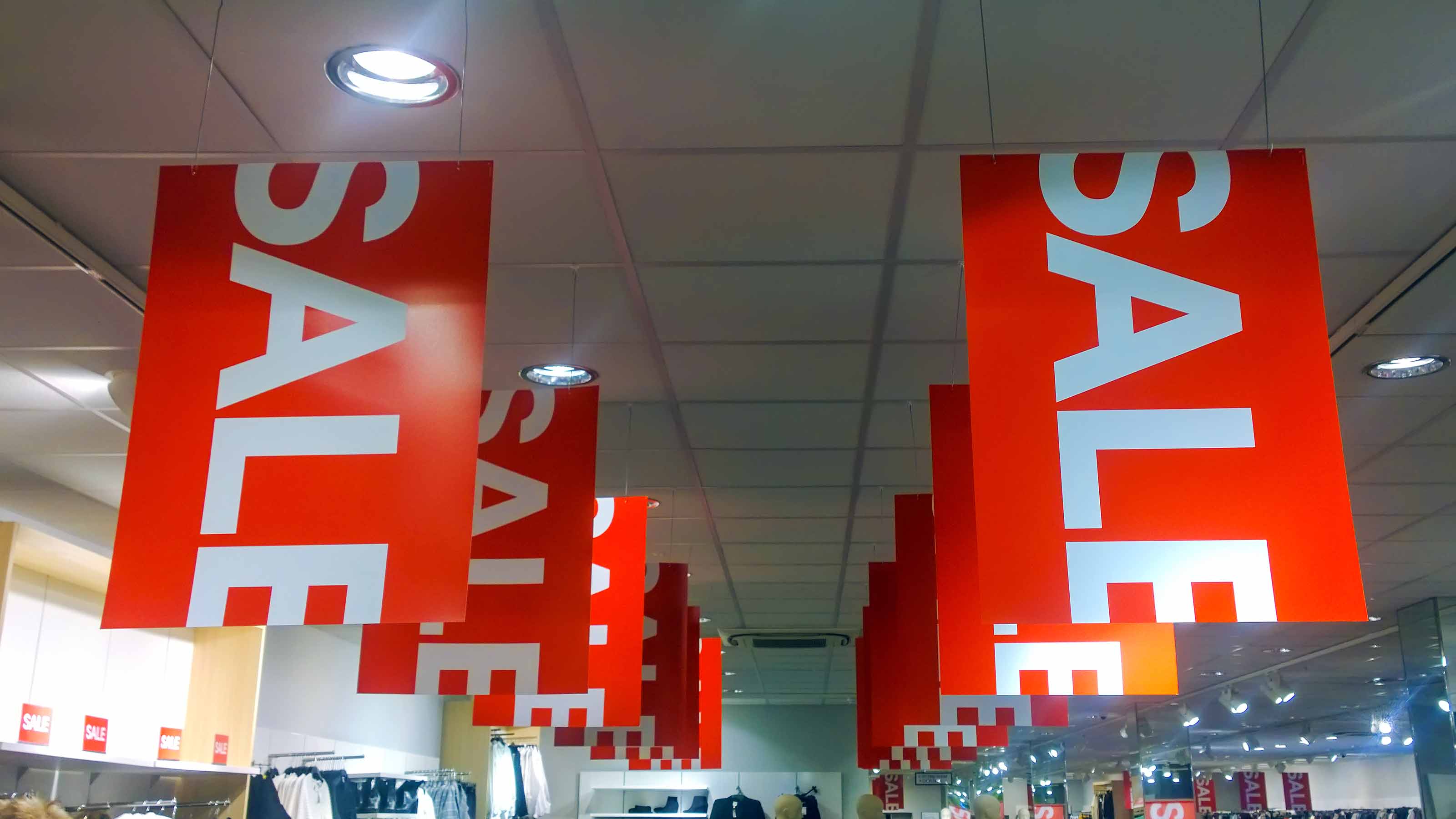
The other extreme: best discount stocks to buy
These retailers thrive when consumers hunt for bargains.
When the going gets tough, the tough go ... discounting. Sales at mid-market retailers such as Gap (GPS) have fallen this year, but spending on discount basics such as generic groceries has jumped more than 10% as consumers have continued to grapple with inflation and worry about recession.
During challenging economic times, "the rich are less susceptible and the people in the middle trade down," says Joe Fath, manager of T. Rowe Price's Growth Stock Fund. Investors who want to benefit from that trend should consider following consumers to well-managed discount retailers, he suggests.
Fath likes Ross Stores (ROST, $104) because it sells brand-name goods at steep discounts and creates a "treasure hunt" excitement among increasingly bargain-hungry consumers. The company is on pace to increase earnings per share by at least 9% this fiscal year, according to its own forecasts and analyst estimates.
Another discount winner favored by Wall Street analysts: Walmart (WMT, $147), the world's largest retailer. Walmart posted healthy sales increases of about 7% in the quarter ending April 28, thanks in part to strong demand for its low-cost groceries, ac-cording to CFRA analyst Arun Sundaram, one of 31 analysts bullish on the stock (of 41 who follow the company).
Costco Wholesale (COST, $512). The warehouse giant is seeing rising foot traffic and strong sales of necessities, says Argus Research analyst Chris Graja. Despite a premium price-earnings ratio of 34 times expected earnings, the stock is a long-term Buy for Argus. "Costco will emerge from the current consumer slowdown with an even higher market share," says Graja, who gives the stock a 12-month price target of $610.
Note: This item first appeared in Kiplinger's Personal Finance Magazine, a monthly, trustworthy source of advice and guidance. Subscribe to help you make more money and keep more of the money you make here.
Profit and prosper with the best of Kiplinger's advice on investing, taxes, retirement, personal finance and much more. Delivered daily. Enter your email in the box and click Sign Me Up.

Kim Clark is a veteran financial journalist who has worked at Fortune, U.S News & World Report and Money magazines. She was part of a team that won a Gerald Loeb award for coverage of elder finances, and she won the Education Writers Association's top magazine investigative prize for exposing insurance agents who used false claims about college financial aid to sell policies. As a Kiplinger Fellow at Ohio State University, she studied delivery of digital news and information. Most recently, she worked as a deputy director of the Education Writers Association, leading the training of higher education journalists around the country. She is also a prize-winning gardener, and in her spare time, picks up litter.
-
 Ask the Tax Editor: Federal Income Tax Deductions
Ask the Tax Editor: Federal Income Tax DeductionsAsk the Editor In this week's Ask the Editor Q&A, Joy Taylor answers questions on federal income tax deductions
-
 States With No-Fault Car Insurance Laws (and How No-Fault Car Insurance Works)
States With No-Fault Car Insurance Laws (and How No-Fault Car Insurance Works)A breakdown of the confusing rules around no-fault car insurance in every state where it exists.
-
 7 Frugal Habits to Keep Even When You're Rich
7 Frugal Habits to Keep Even When You're RichSome frugal habits are worth it, no matter what tax bracket you're in.
-
 Yes, Artificial Intelligence Stocks Are Booming
Yes, Artificial Intelligence Stocks Are BoomingIt's fair to ask about the latest tech boom, "Is it really different this time?"
-
 A Value Focus Clips Returns for This Mairs & Power Growth Fund
A Value Focus Clips Returns for This Mairs & Power Growth FundRough years for UnitedHealth and Fiserv have weighed on returns for one of our favorite mutual funds.
-
 Small-Cap Stocks Gain Momentum. That's Good News for This iShares ETF
Small-Cap Stocks Gain Momentum. That's Good News for This iShares ETFThe clouds appear to be parting for small-cap stocks, which bodes well for one of our favorite exchange-traded funds.
-
 11 Stock Picks Beyond the Magnificent 7
11 Stock Picks Beyond the Magnificent 7With my Mag-7-Plus strategy, you can own the mega caps individually or in ETFs and add in some smaller tech stocks to benefit from AI and other innovations.
-
 Should You Be Investing in Emerging Markets?
Should You Be Investing in Emerging Markets?Economic growth, earnings acceleration and bargain prices favor emerging markets stocks right now.
-
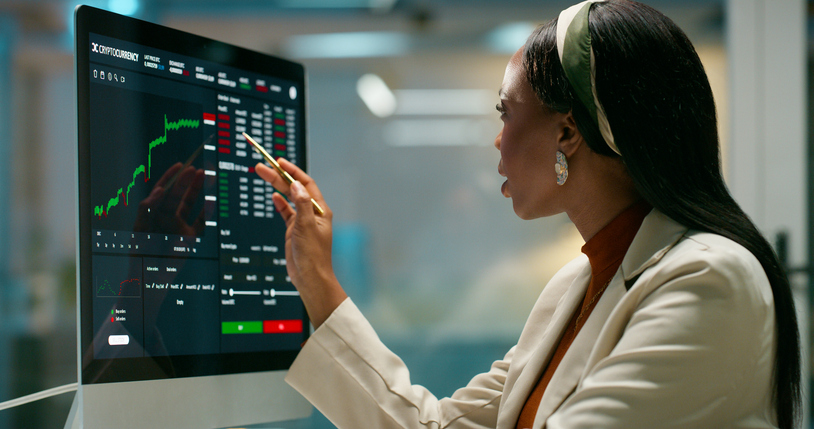 7 Hybrid Adviser Services, Reviewed
7 Hybrid Adviser Services, ReviewedThese hybrid adviser services aim for a sweet spot that combines digital investing with a human touch.
-
 These Unloved Energy Stocks Are a Bargain
These Unloved Energy Stocks Are a BargainCleaned-up balance sheets and generous dividends make these dirt-cheap energy shares worth a look.
-
 Small Caps Can Only Lead Stocks So High: Stock Market Today
Small Caps Can Only Lead Stocks So High: Stock Market TodayThe main U.S. equity indexes were down for the week, but small-cap stocks look as healthy as they ever have.

